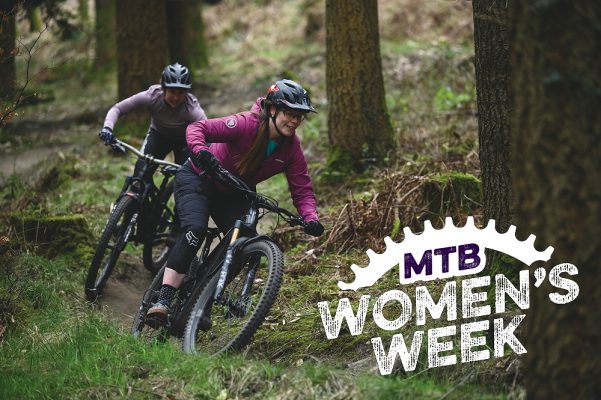The effects are not necessarily negative, and by understanding them you might gain a better understanding of how to adjust your rides accordingly.
Words: Kelly McNulty
Contrary to popular belief, your menstrual cycle is way more than just your period, and instead is a brilliant cycle of hormonal fluctuations, which not only have effects within your reproductive system, but also around your entire body. Because of this, your menstrual cycle can influence your performance and training.
Read more: Best mountain bike clothing for women – jackets, trousers, shorts, jerseys and more
Cycling with symptoms
Low mood? Tick. Fatigue? Tick. Breast pain? Tick. Period cramps? Double tick. In the days leading up to your period, and whilst on your period, some women might experience a range of side effects and chances are these are the last things you want to accompany you whilst out on a ride. But there is some evidence to suggest that moderate intensity exercise can help ease any side effects and boost your mood. The key message though, is that there is no right, or wrong way to exercise at this point so listen to your body and adapt your activities if you feel it’s necessary.
TIP: Pedal away fears of leaking by investing in period products, like a menstrual cup.
Tune into your follicular phase superpowers!
Following your period, oestrogen begins to rise across the first half of your cycle (the follicular phase) and reaches its peak just before ovulation, whilst progesterone remains low. Studies have shown that oestrogen has many different physiological effects on the body from building muscle, protecting against muscle damage, and influencing your motivation to train in a positive way. Because of this some women might find that they adapt better to training, recover faster and are more motivated to ride at this point in their cycle.
TIP: Take full advantage of your physiology and increased motivation to train by scheduling in a big training session or ride.
Beat the heat
After ovulation, oestrogen and progesterone levels are high during the second half of your cycle (the luteal phase). Progesterone is known to influence your body temperature, which rises by approximately 0.3°C. Although, this rise doesn’t sound like much, it might make you feel hotter during riding which could make you stop, slow down or perceive your ride to be harder at this point in your cycle.
TIP: Consider the use of cooling strategies and staying adequately hydrated to get the best out of yourself during this time.
Fats for fuel
Progesterone can also affect your metabolism with research highlighting that we might be better able to use fats as fuel during the luteal phase of our cycle. This means your body is better suited to longer, steady-state exercise compared to the first half of your cycle, when your body prefers to use carbohydrates as its main energy source. Therefore, some women might get the most out of their training by switching to low-intensity, steady-state, rides at this point.
TIP: If you’re riding for long periods of time, you will need to keep carbohydrate stores topped up during this phase.
*Giant caveat*
Every woman’s experience of the menstrual cycle is unique and research into the effects of the menstrual cycle on performance and training is currently lacking. That said, an absence of evidence is not evidence of absence and only you know how your body is feeling. The best advice for now is to take a personalised approach and the place to start is by tracking your cycle. By collecting your own data, you can start to spot any patterns across your cycle and use this information to make small adjustments (if needed) so that you can enjoy cycling every day of the month.
Resources: Cycle tracking apps: FitrWoman and WildAI are two menstrual cycle trackers which have been specifically designed for female athletes and active women, so you can input this data alongside training parameters. The Period of The Period: periodoftheperiod.com
 Who is… Kelly McNulty?
Who is… Kelly McNulty?
Kelly is a PhD student at Northumbria University studying the effects of the menstrual cycle on performance, recovery, and adaptation in sportswomen. Founder of periodoftheperiod.com





 Who is… Kelly McNulty?
Who is… Kelly McNulty?